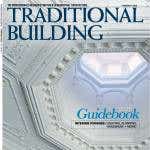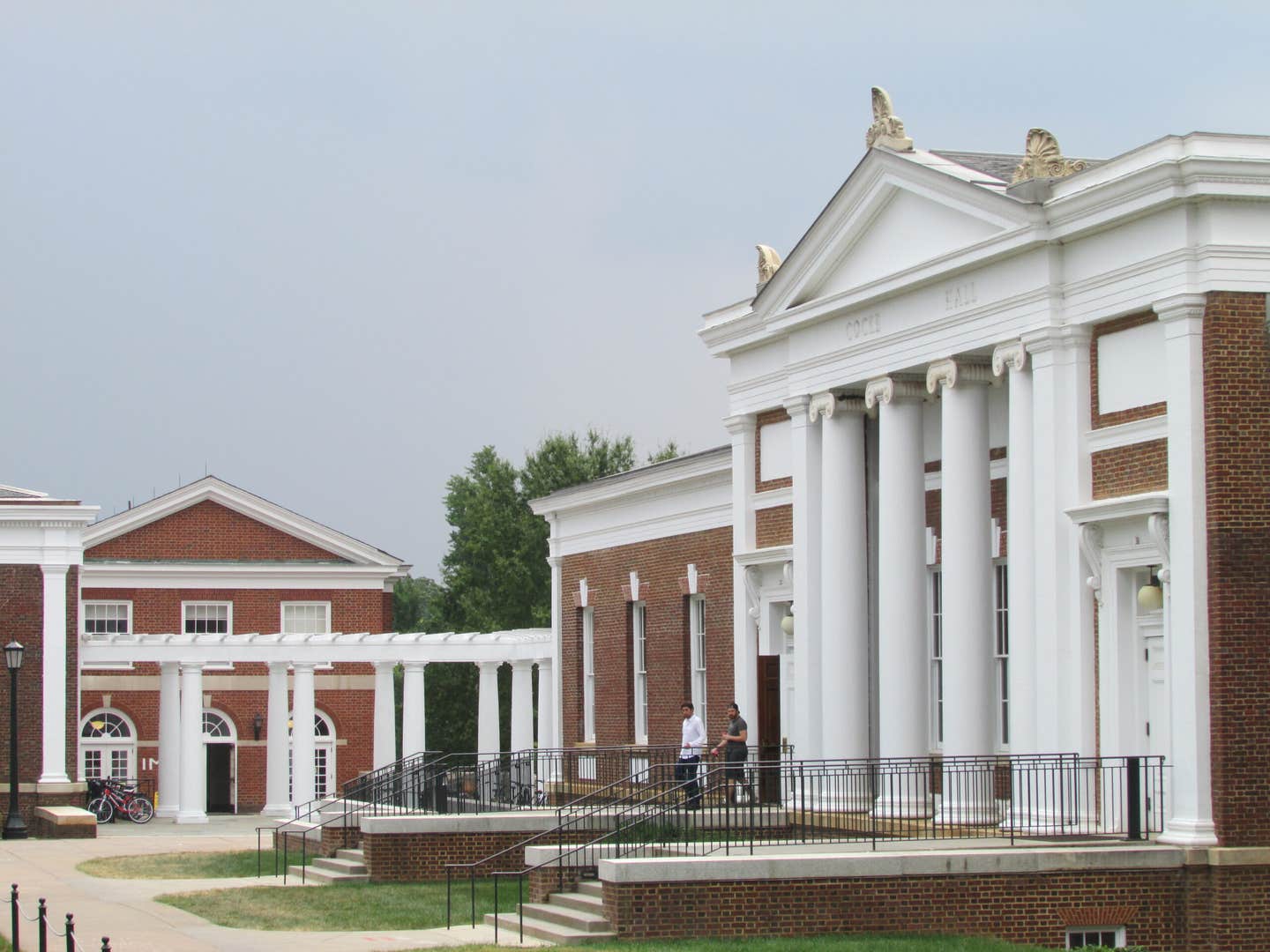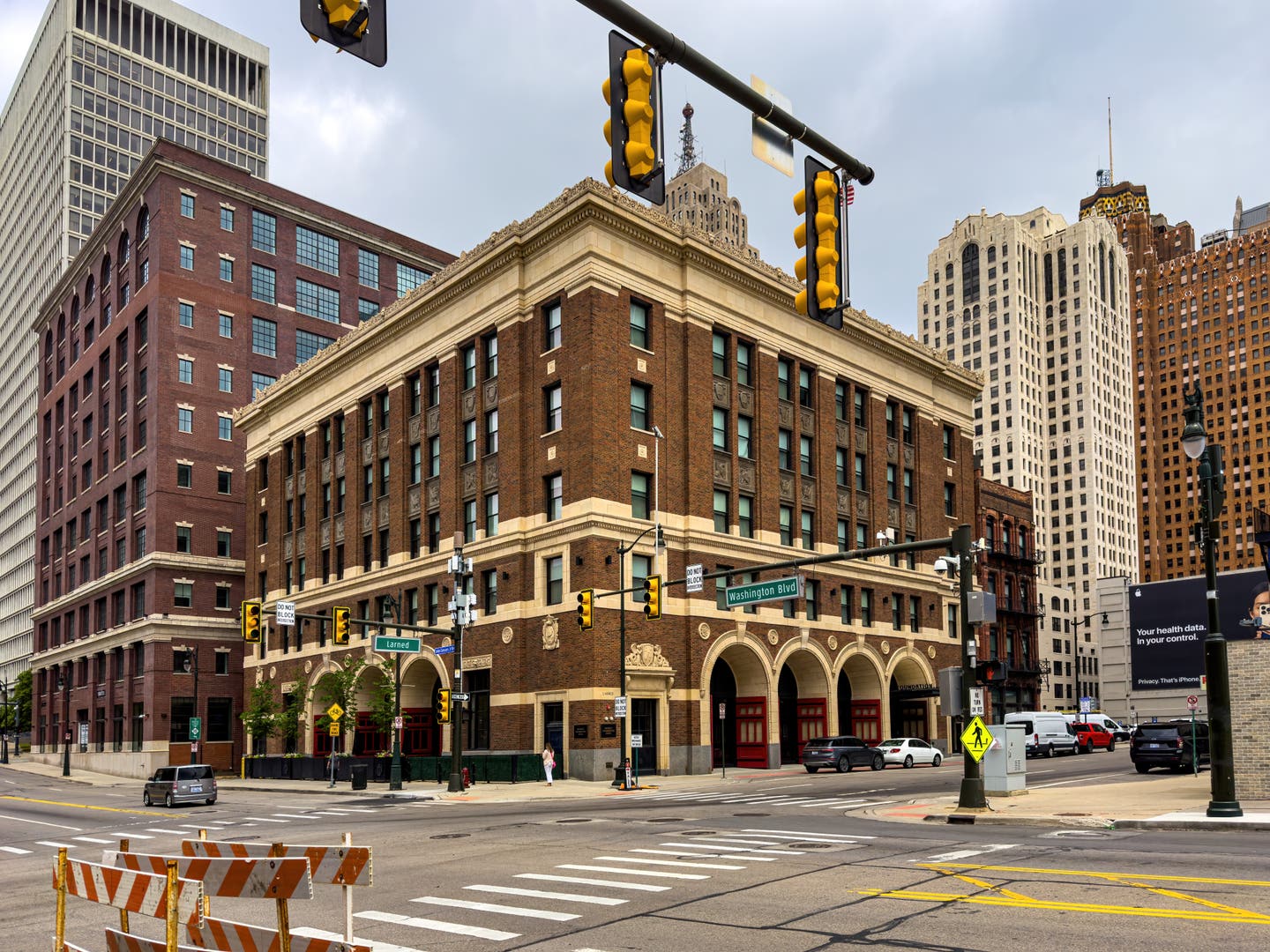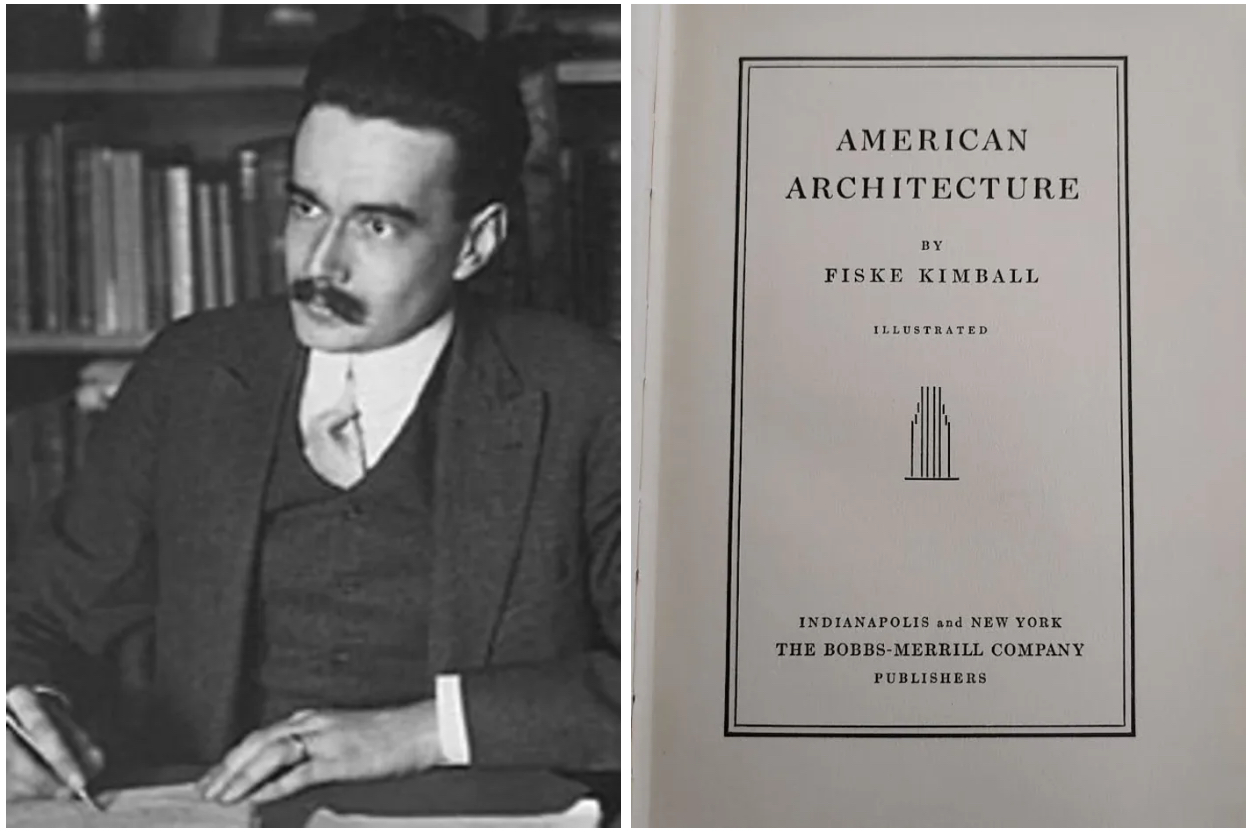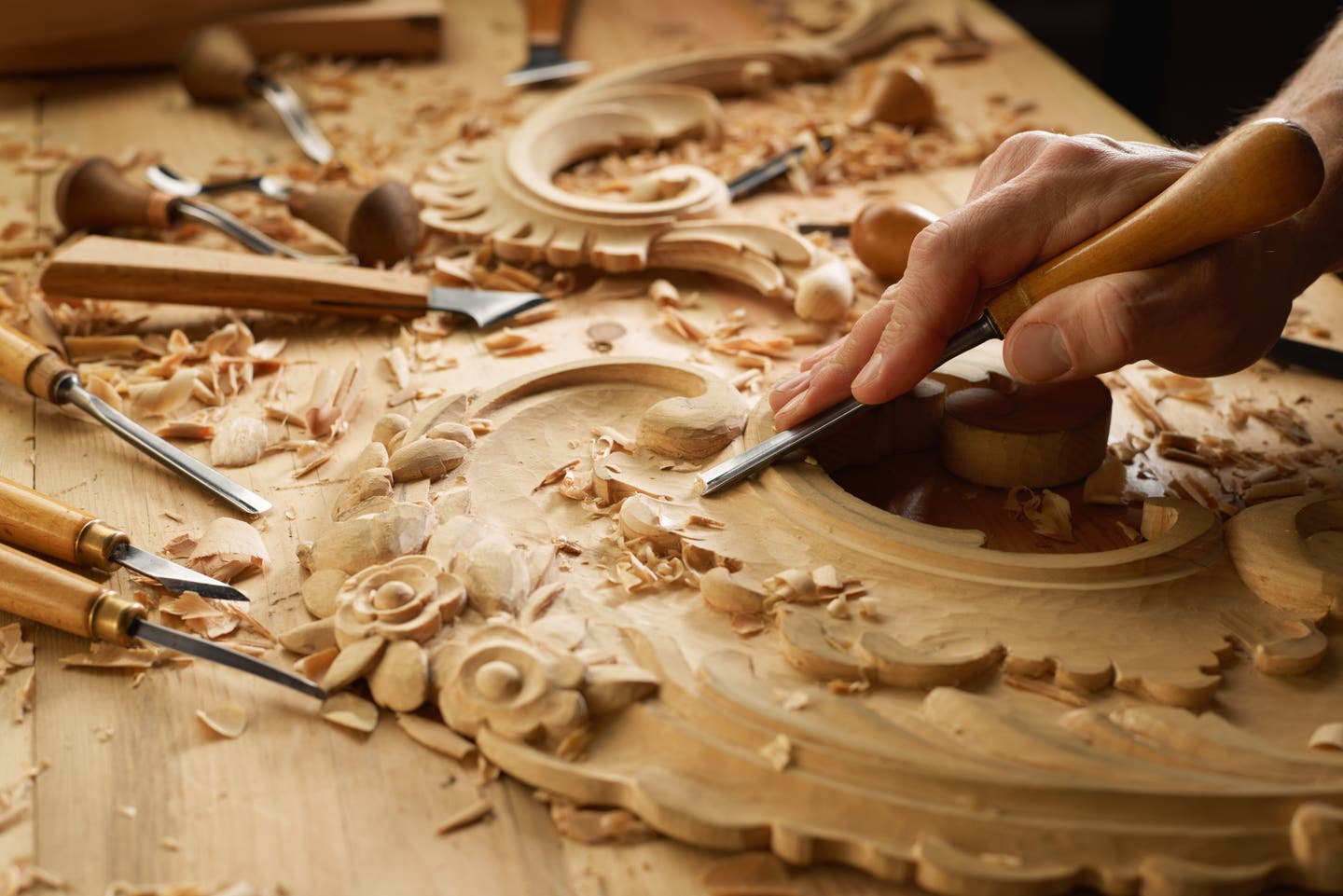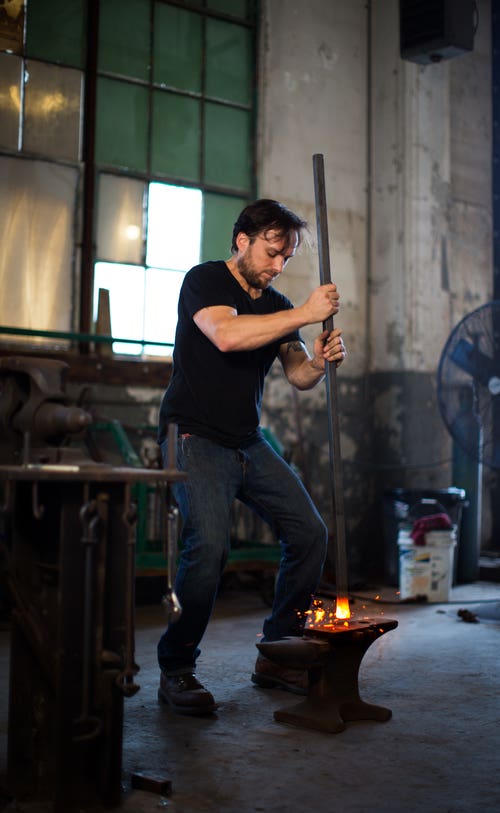
Patrick Webb
Craftsmen of the Tao
In my opening essay in the series, "A Craftsman's Philosophy", I controversially contested the Enlightenment classification Homo Sapien, "the wise man" and proposed an ancient point of view, Homo Faber or "man as maker" as being more representative of human beings. In my zeal to make a point, I was perhaps being a tad insincere in attempting to persuade you the reader of a conviction I do not myself hold. For example, it could be argued that our ability to cultivate, to nurture life and growth is equally characteristic of human beings and just as critical to the rise and continuance of civilisation. By promoting one classification over another do we not in many respects diminish the totality of who we are?
Over two millennia ago a method seeking escape from this seemingly intractable morass of nomenclature began to coalesce. The Tao (道) purports to be a path of liberation from the artificial world of convention, a deliverance into the visceral experience of reality. As I will subsequently consider, this change of perspective has many implications for the craftsman.
A Spontaneous Nature
"Nature does not hurry, yet everything is accomplished." - Lao Tzu
The Chinese word for nature, ziran (自然), literally translates something like "of itself so". The sentiment of expressing it thus is of nature conceived as an unhurried phenomenon, entirely spontaneous. Closely allied with nature is the concept of wu-wei (無爲), the "not doing" or "not making", yet implying growth as an internally generative cultivation. This is not a concept of nature as separate and outside of ourselves as humans, since we too quite literally grow ourselves. In reality, our capacity for reason depends wholly on the self-generated brain and body. Our relatively limited capacity for conscious thought is but a staked tent resting upon the mountain of our unconscious, or perhaps better stated "super-conscious" mind, a highly complex system that grows and maintains the myriad of working functions and sense perceptions that we too easily take for granted.
I find that traditional craftsmen are almost universally interested in making "good time." However, the emphasis shifts from "time", that is to say efficiency, towards the "good" or quality of both the experience and of the work itself. Thus, neither excessively planned nor chaotic, the efficacy of craft adheres to the organic process of nature generally. For the craftsman, the dynamism of the crafted object is, in fact, an extension of their own, its life existing vicariously in the moment of generation.
Mastery
The formal, global implementation of theoretical standards for material and methods has significantly undermined traditional craft. Even in the presence of a tremendous inventory of safe, durable, beautiful hand-crafted architectural heritage, the prevailing practise is that if a construction material or method cannot be classified, labelled, numbered or otherwise be made to strictly adhere to scientific convention then it is deemed uncontrollable, potentially dangerous and bureaucratically illegal. Under this hyper-rational mindset, that a traditional material or method does work is deemed irrelevant if it can not be explained how it works within the abstracted limitations of convention.
The Tao offers freedom from the unyielding controls of convention:
“Men are born soft and supple; dead they are stiff and hard. Plants are born tender and pliant; dead, they are brittle and dry. Thus whoever is stiff and inflexible is a disciple of death. Whoever is soft and yielding is a disciple of life. The hard and stiff will be broken. The soft and supple will prevail.” - Lao Tzu
Instead the Tao urges the cultivation of Te (德), commonly translated virtue but with the sense of an inner potency implying mastery. Interestingly, masters in this sense are really guides. They help the student to find the path for themselves. The path is really nothing special, just allowing oneself to be an authentic human being. The path has been followed by craftsmen all over the world since time immemorial. A master craftsman can not express in words enough to teach an apprentice much. Little can be learned by thinking, almost everything by doing. True mastery comes from direct experience admittedly benefited by guided instruction.
The path transcends in a very comprehensible way even space and time. It makes possible means of communication far more direct than those available through conventions, even language itself. For example, you could drop a traditional master mason from our English-speaking world in a remote Tibetan village today to work alongside a team of local traditional masons in building, say a monastery. Without being to convey as much as hello they would be up and running in no time through sketching and demonstration. Furthermore, the same holds true if you were able to deposit our English mason back in time 2,000 years ago. As dear as we hold language, it and other conventions tend to ensnare us within their limitations, preventing us from the full richness of human experience.
As any craftsman eventually learns, spontaneity and mastery cannot be forced. One has to abandon self-consciousness. But the irony is that this cannot be done consciously! Attempting to be spontaneous on purpose, thinking and willing yourself to do so, only amplifies the difficulty. How to escape this mental bind? As ancient philosopher of the Tao, Chuang Tzu said, "A path is made by walking on it."
My name is Patrick Webb, I’m a heritage and ornamental plasterer, an educator and an advocate for the specification of natural, historically utilized plasters: clay, lime, gypsum, hydraulic lime in contemporary architectural specification.
I was raised by a father in an Arts & Crafts tradition. Patrick Sr. learned the “decorative” arts of painting, plastering and wall covering as a young man in England. Raising me equated to teaching through working. All of life’s important lessons were considered ones that could be learned from the mediums of tradition and craft. I found myself most drawn to plastering as I considered it the richest of the three aforementioned trades for artistic expression.
This strong paternal influence was tempered by my grandmother, Geraldine Webb, a cultured, traveled, well-educated woman, fluent in several languages. She made a point of instructing her young grandson in Spanish, French, formal etiquette and opened up an entire worldview of history and culture.
After three years attending the University of Texas’ civil engineering program with a focus on mineral compositions, I departed, taking a vow of poverty, living as a religious aesthetic for a period of seven years. This time was devoted to clear reasoning, linguistic studies, examination of world religions, exploration of ethics and aesthetics. It acted as a circuitous path leading back to traditional craft, now imbued with a deeper understanding of interconnection in time and place. I ceased to see craft as simply work or labor for daily bread but among the sacred outward expressions of the divine anifest
within us.
From that time going forward there have been numerous interesting experiences. Among them study of plastering traditions under true masters here in the US as well as in England, Germany, France, Italy and Morocco. Projects have included such high expressions of plasterwork as mouldings, ornament, buon fresco, stuc pierre, sgraffito and tadelakt.
I’ve been privileged to teach for the American College of the Building Arts in Charleston, SC, where I currently reside and for the Institute of Classical Architecture & Art across the US. “Sharing is caring” – such a corny cliché but so true. I hardly know a
thing that hasn’t been practically served to me on a platter. I’m grateful first of all, but now that I might actually know a few things, it becomes my responsibility to be generous as well.


